The English language continues to be one of the main challenges for me as a climate journalist in Cape Verde. It’s a difficulty I hope to overcome by 2025, so that I can better access the publications of the Intergovernmental Panel on Climate Change – IPCC, a scientific and political organization of the United Nations, which has produced and published scientific papers, reports and other guiding documents on climate change. Furthermore, it is to ensure Cape Verde’s assiduous presence at the COP and other international climate-related events. 2024 was the year of sowing, for this and other purposes, and in 2025 I aim to reap the rewards.
2024 was undoubtedly a year of learning for me as a journalist working on climate and environmental issues. In particular, I’ve had access to training and a better understanding of the complex phenomenon of climate change and its impacts, both globally and nationally. Another important gain, which I would like to highlight in this article, is the fact that the Climate Action Program in Cape Verde has provided me, during some of the training sessions, with moments to share experiences with other professionals working in the environment and climate field in Cape Verde. This has allowed me to broaden my network of contacts and, at the same time, create connections and bonds of trust with senior technicians from sectors such as agriculture and the environment, tourism, finance, industry, energy and even infrastructure and other areas. In this way, I gradually overcame the problem of accessing official and credible sources on issues related to the climate and the environment that I have faced in some radio productions (editing Grandes Reportagens, above all).
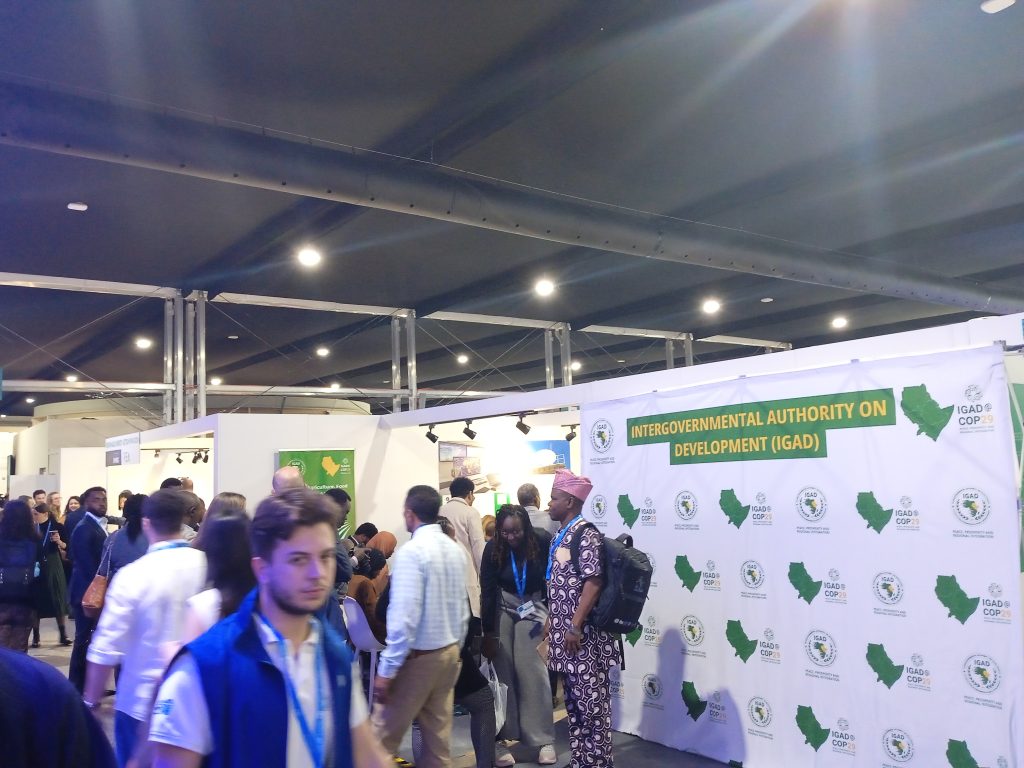
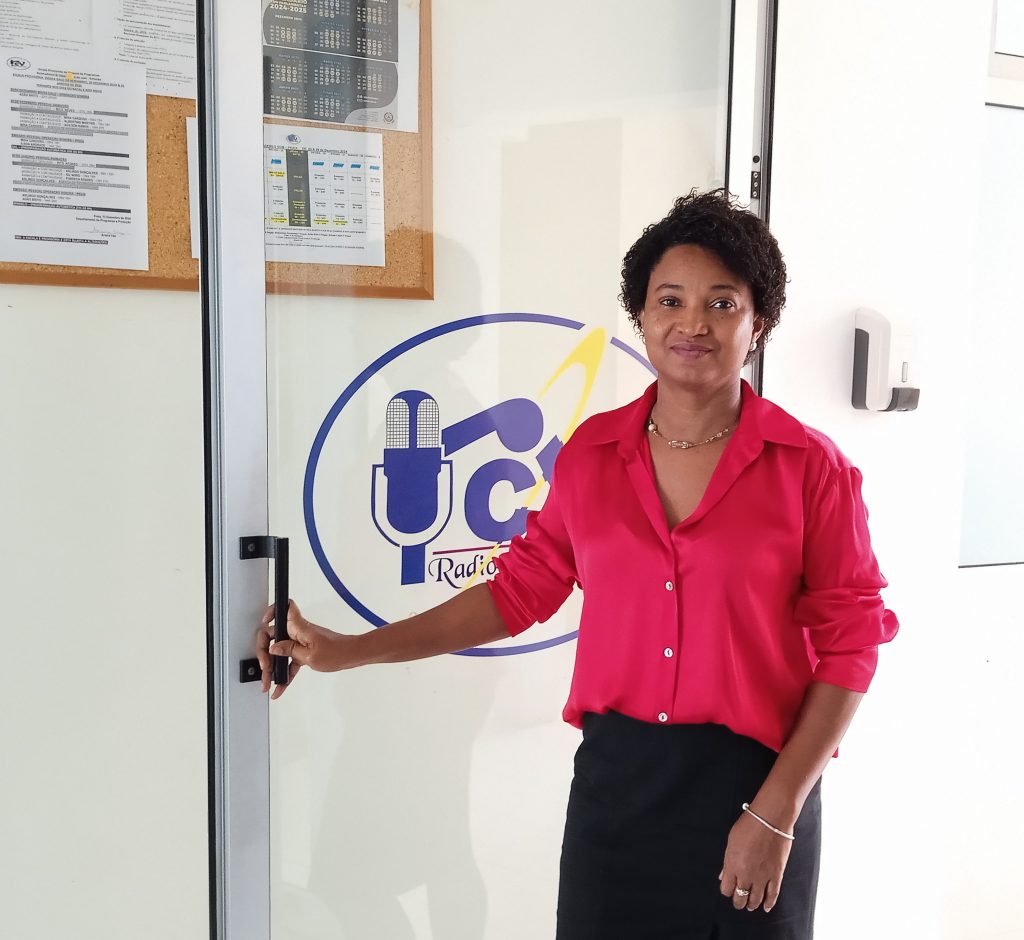
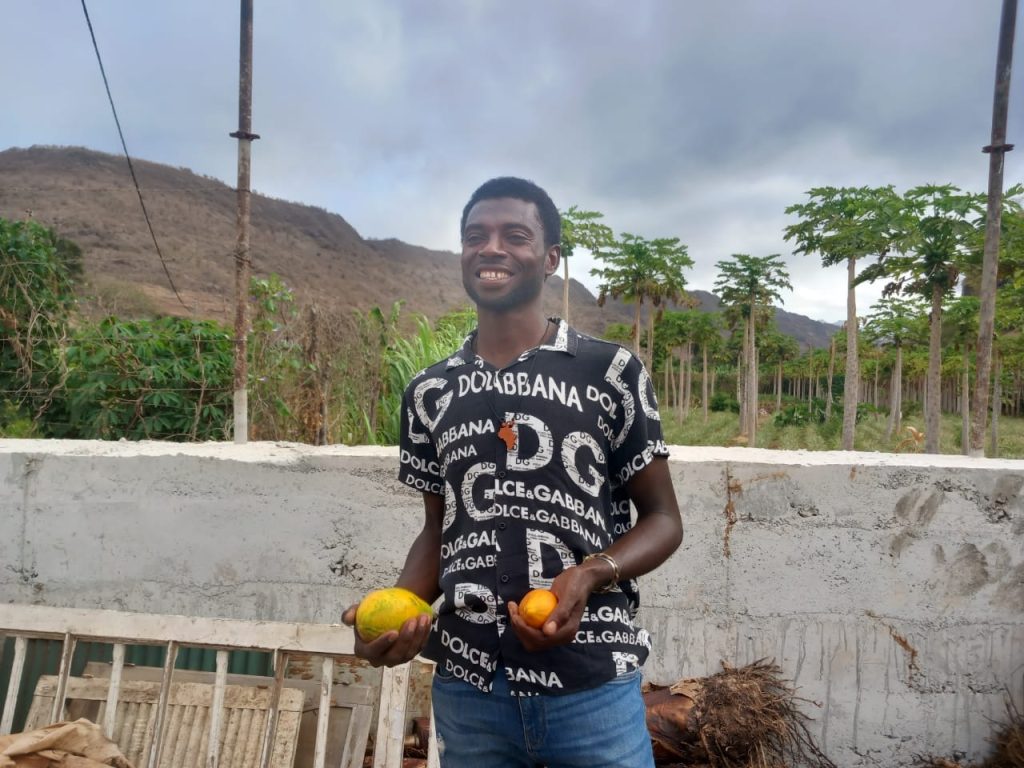
On an international level, I have had access to a network of international journalists, online training and news coverage of international conferences. By way of example, I mention the United Nations Conference on Climate Change – COP29, which took place between November 11 and 22 in Azerbaijan. I have to confess that this is the second time I have attended the Conference of the Parties, but this year – 2024 – with a different journalistic perspective and more enlightened/aware of the importance of this event for a country like Cape Verde. I say this because before traveling to Azerbaijan I had the opportunity to take part in an action entitled “Climate Negotiation”, promoted by the Climate Action Program and partners. As a climate journalist, I can assure you, based on the lessons I have learned, my professional practice and the testimonies I have gathered in the field, that Cape Verde should focus mainly on “Agriculture and food and nutrition security”, “Fisheries and coastal areas”, “Forestry” and “Human Health”, with a focus on mobilizing “Water”, both for the aforementioned activities and for human consumption, as key elements in the materialization of its National Climate Adaptation Plan and, above all, in global negotiations.
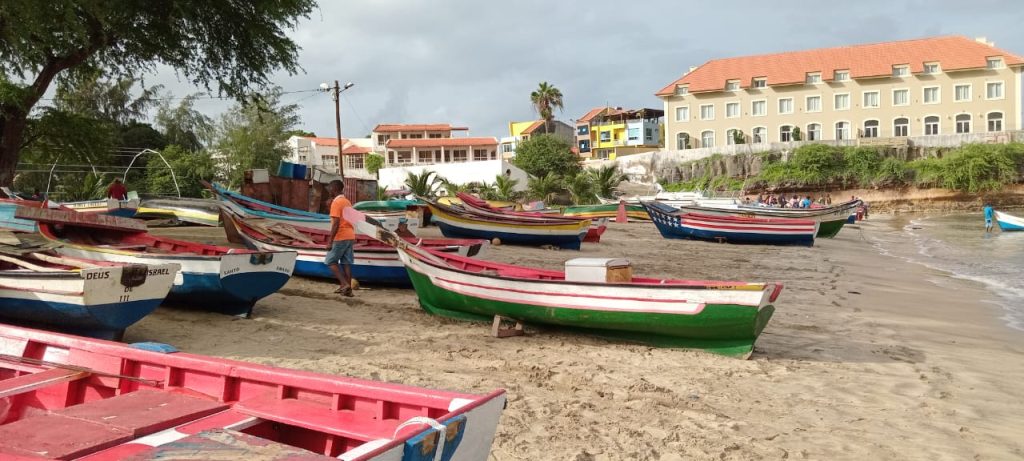
To better justify my argument, I quote one of my interviewees, Adilson Gonçalves – a young 37-year-old farmer who talks about his experience in this primary activity in Ribeira dos Picos, in the municipality of Santa Cruz. Adilson Gonçalves, who is following in the footsteps of his parents and grandparents, says that compared to his childhood, the scarcity of water is increasingly noticeable today. If once the plots were irrigated by flooding, today the scenario is different. As a farmer in one of Cape Verde’s richest agricultural streams, in addition to the lack of water, pests due to successive droughts, excessive heat and, above all, the salinity of arable land are other problems faced by him and other farmers. And all these difficulties are caused by climate change, according to some scientific studies produced and disseminated in the country. Therefore, in climate negotiations, the country’s focus should be on climate adaptation, without jeopardizing mitigation and the national strategy for this. Climate journalism has this responsibility to make the voices of communities resonate, especially those most affected by climate change. But it also has the responsibility to provide professional input, based on science and information gathered in the field, so that decision-makers can adopt measures that are more in line with people’s needs.
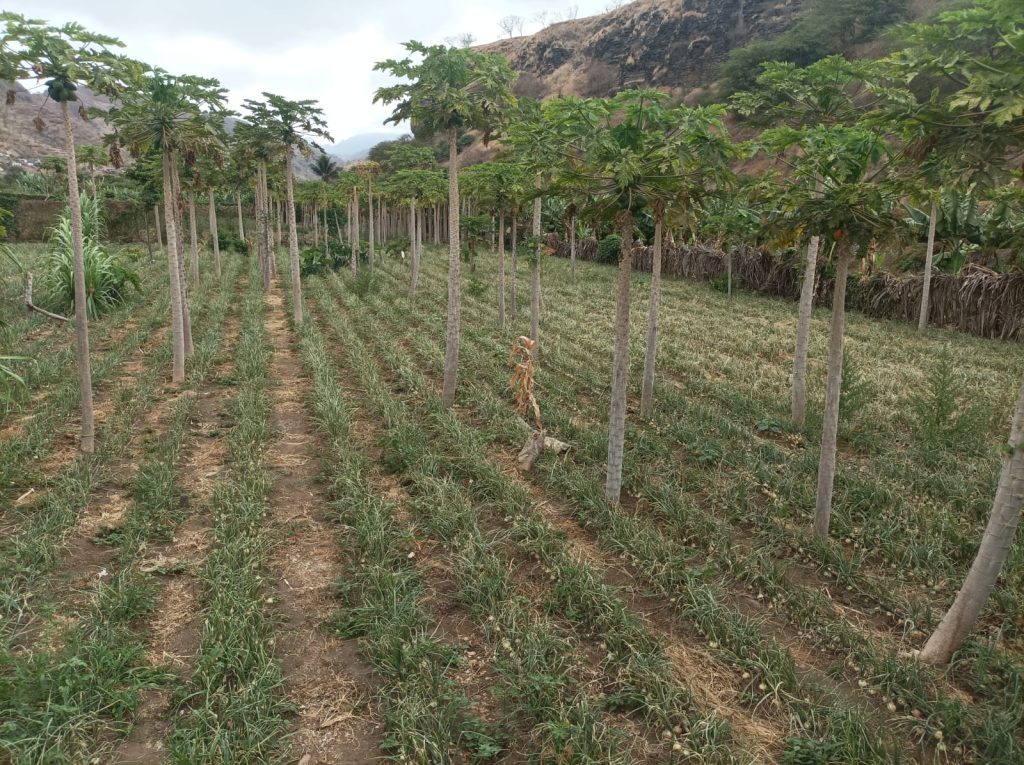
Focusing once again on the gains of 2024, and before highlighting what I’m looking forward to in the coming year – 2025, I’d like to say that 2024 was a year of many gains for me as a climate journalist. However, the challenge lies in mastering the English language, as the bulk of scientific collections are available in that language. On the other hand, belonging to the international network of journalists, access to training, diverse sources and conferences promoted at international level requires a better command of English. Therefore, for 2025, the goal is to focus on this aspect, which will strengthen/facilitate my participation in these events and better enlighten the national public through the work I produce. I confess that I have already started to take the first steps towards this goal and that with the support of the Climate Action Program I have been attending English classes to overcome this challenge.
Another ambition I have, which I intend to materialize next year, is to promote/establish contacts so that RTC can be present every year at climate change training sessions, Conferences of the Parties and other related events (with rotating participation by journalists, cameramen and other media professionals). The idea is to encourage more journalists to take up the field and thus create an editorial line on climate and play our social role more closely to the communities, with blocks of news on climate and the environment, headings, programs and major reports on information and training on the subject.
Author
Nany Ariana Vaz
